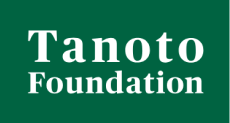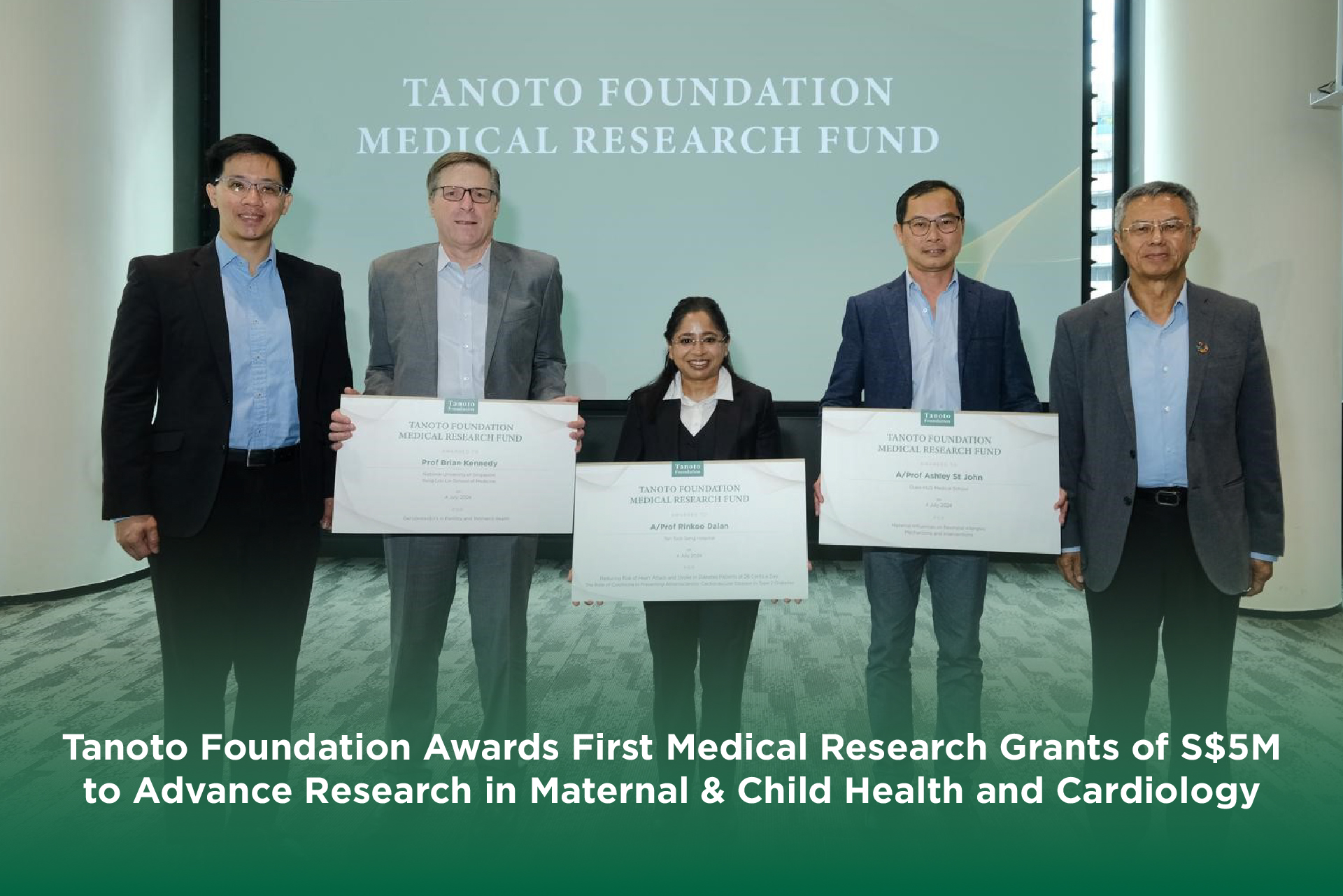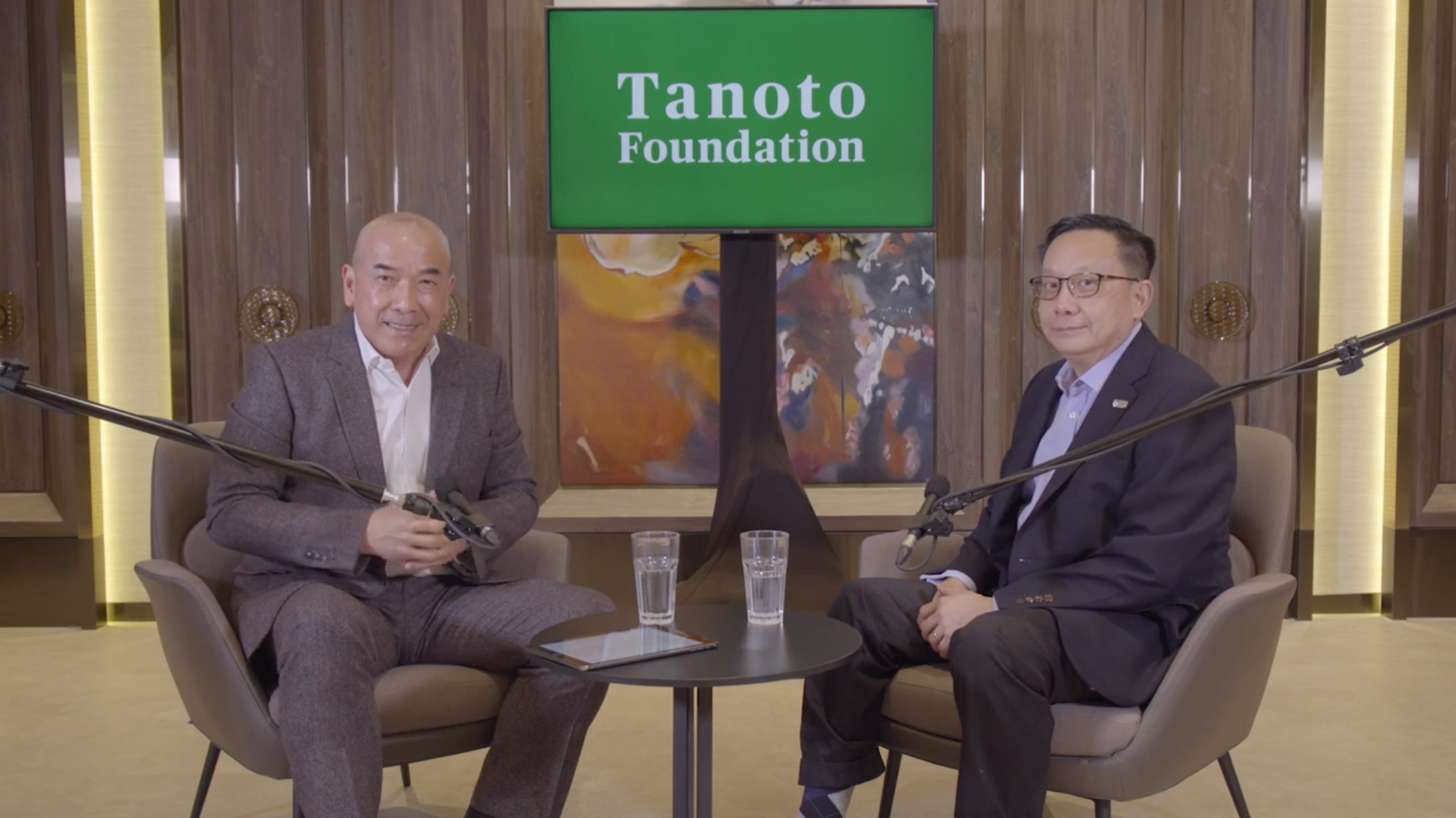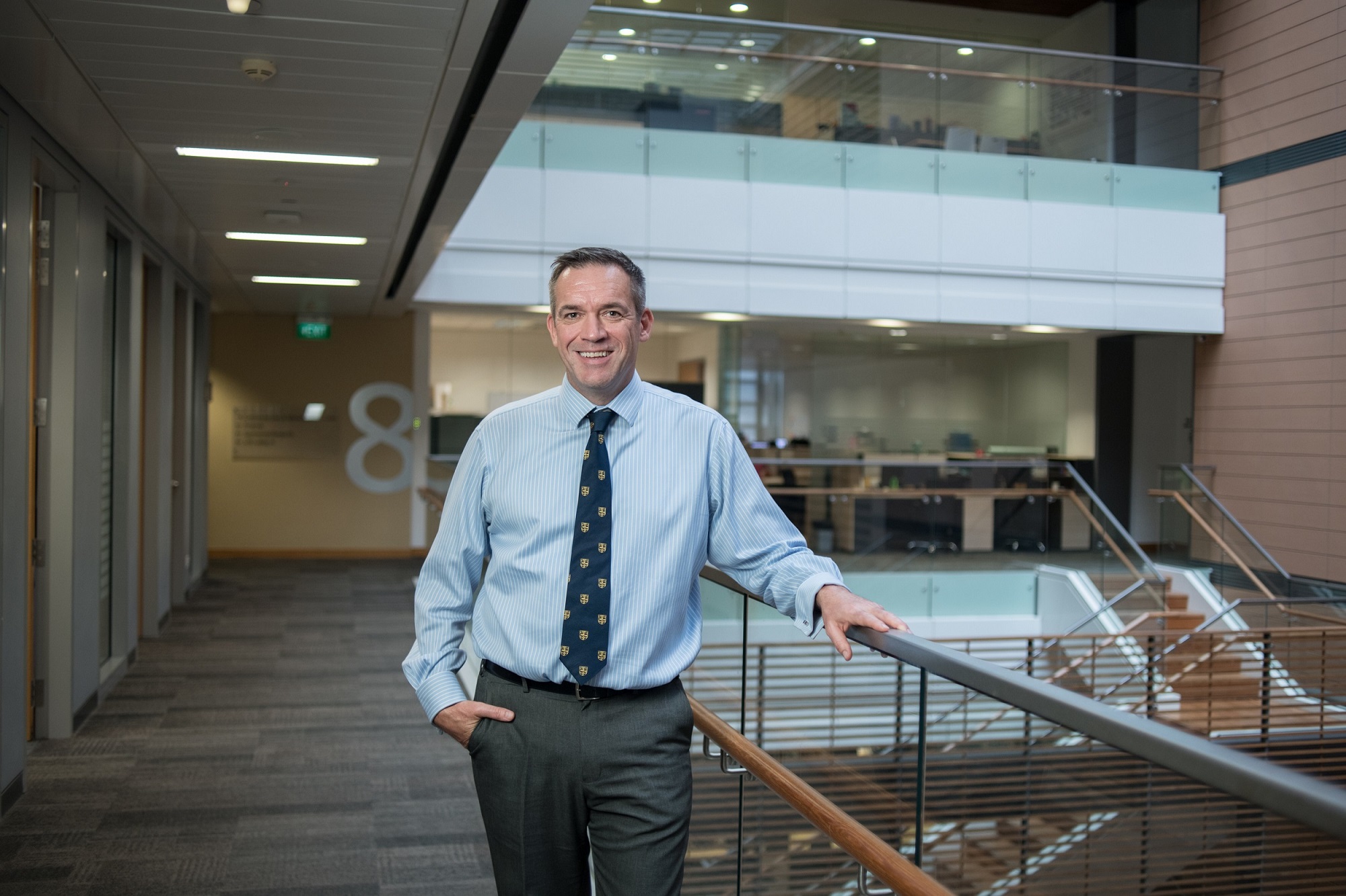Singapore, 4 July 2024 – Tanoto Foundation today announced the first three recipients of the Tanoto Foundation Medical Research Fund (“MRF”) at Tanoto Foundation’s inaugural Medical Philanthropy Forum. The funding of up to S$5 million per year has been awarded to three research projects, which were selected out of over 100 applications. The MRF was launched in 2023 to support research excellence and collaborative efforts to generate innovations that will address Asia-prevalent diseases. As the first private philanthropic foundation to launch such a fund in Singapore, Tanoto Foundation seeks to foster a culture of sustainable giving that amplifies the long-term impact of philanthropy-funded research. The MRF’s main objectives are to support effective research (new discoveries), catalyse additional funding and cultivate local research talent. Ultimately, the research outcomes should be made accessible and beneficial for the public good. For the inaugural MRF call for proposals, Tanoto Foundation has prioritised two research focus areas namely: 1) Cardiology and 2) Maternal and Child Health, for funding.
The following three proposals have been awarded based on these criteria: potential for impact, robustness of approach, track record of study team and strength of collaboration. The chosen projects cover:
1. Improving Cardiometabolic Risk Management in Diabetes: Cardiovascular diseases are the most common causes of death in Singapore, with heart attacks and strokes occurring a decade earlier and with a 2 to 4 times higher rate in diabetes patients than non-diabetics. Associate Professor Rinkoo Dalan, Tan Tock Seng Hospital, has identified factors contributing towards worse metabolic and vascular function in type 2 diabetes patients. Her research team will look to generate evidence contributing towards a low-cost solution to manage and lower cardiovascular risks in type 2 diabetes patients.
2. Understanding Fertility Decline: Professor Brian Kennedy, National University of Singapore, will be furthering his studies into maternal fertility decline due to ovarian aging, looking to identify its most prolific causes and investigate safer and more effective reproductive interventions to preserve ovarian functions, extend fertility, mitigate menopause-related complications and promote the general well-being of aging women.
3. Addressing the Increase in Childhood Allergies: With allergy sufferers on the rise and long-term adverse effects on children becoming more common, Associate Professor, Ashley St John, from Duke-NUS Medical School, will investigate the transmission of allergic diseases from mother to offspring in humans during pregnancy. The research will help better understand the risks and long-term consequences of childhood allergies and potentially discover prevention therapies.
Bey Soo Khiang, Executive Advisor, Tanoto Foundation, commented: “Tanoto Foundation was founded based on the belief that everyone has the right to maximise his or her full potential. If one is burdened by illnesses, he or she cannot live life to the fullest. Hence, we leveraged Singapore’s quality healthcare and research ecosystem and set up the Tanoto Foundation Medical Research Fund to support impactful ground-up medical discoveries, catalyse additional and consistent funding opportunities, and nurture local research talent in Singapore. Our grant of S$5 million per year will contribute to the advancement of new medical solutions and improve population health in Singapore.”
The research projects were announced at the first Tanoto Foundation Medical Philanthropy Forum. The forum which convened clinicians and scientists included a panel discussion titled ‘Philanthropy’s Impact on Medical Innovation: Accelerating Research to Real-World Medical Solutions in Singapore’, featured medical experts and speakers:
- Associate Professor Lim Su Chi, Clinical Director, Clinical Research Unit, Khoo Teck Puat Hospital
- Professor Chong Yap Seng, Dean, Yong Loo Lin School of Medicine, National University of Singapore
- Clinical Associate Professor Ng Kee Chong, Chief Executive Officer, Changi General Hospital
During the panel, the three speakers highlighted that medical research serves as a critical extension and reflection of unmet healthcare needs. They note that many areas are currently underfunded, and affirmed the role of philanthropy in addressing these funding gaps. The panellists also emphasised the importance of encouraging collaboration between medical professionals, philanthropists and policymakers, to ensure the implementation of scalable medical interventions from ideation to fruition, for the benefit of communities in Singapore and the region.
The application process for Tanoto Foundation Medical Research Fund 2025 opens in September 2024. Find out more here: www.tanotofoundation.org/en/medical-research/
For further information, images or interviews, please contact
Yeelim Lee, Tanoto Foundation: Email: yeelim_lee@tanoto-foundation.org
Dian Anderson, Tanoto Foundation: Email: dian_anderson@tanoto-foundation.org
Merlyn Kang, FTI Consulting: Email: merlyn.kang@fticonsulting.com
About Tanoto Foundation
Tanoto Foundation is an independent philanthropic organisation founded in 1981 by Sukanto Tanoto and Tinah Bingei Tanoto based on the belief that every person should have the opportunity to realise his or her full potential. Tanoto Foundation programmes stem from the belief that quality education accelerates equal opportunity. We harness the transformative strength of education to realise people’s full potential and improve lives. Tanoto Foundation focuses on making an impact in three main areas: improving learning environments, future leader’s development, as well as medical research and sciences. More information is available at www.tanotofoundation.org/en/.
About Tanoto Foundation’s Medical Research Fund
Tanoto Foundation (TF) supports medical research with the aim of improving population health in Singapore and beyond. With the launch of the Tanoto Foundation Medical Research Fund (MRF), TF intends to support research excellence and collaborative efforts to generate new discoveries, catalyse additional funding and cultivate local research talent. Ultimately the research outcomes should be made accessible and beneficial for the public good.
With this fund, TF seeks to foster a culture of sustainable giving that amplifies the long-term impact of philanthropic-funded research through partnerships with leading healthcare and research institutions in Singapore.
Quotes From Grant Winners
Associate Professor Rinkoo Dalan, Tan Tock Seng Hospital, comments: “Understanding and mitigating cardiovascular risks is critical for the long-term health of diabetes patients. One of the gaps in cardiometabolic risk management is inefficient evidence-based interventions to manage low-grade inflammation. Through the support of the Tanoto Foundation Medical Research Fund, our research team of clinicians, engineers and immunologists will be investigating the potential of Colchicine, an anti-inflammatory drug traditionally used to treat Gout, as a low-cost solution to reduce cardiovascular risk for type 2 diabetes patients.”
Professor Brian Kennedy, National University of Singapore, comments: Our society is changing. The need to understand modern medical issues and create solutions is an imperative. The Tanoto Foundation’s Medical Research Fund grant will make it possible for us to investigate the causes of ovarian aging. At present the underlying mechanisms are still not fully understood. As fertility and birth rates fall and the population is increasingly elderly, a limiting factor for women looking to have children later in life is the aging of the ovaries. Our research will investigate the causes of ovarian aging and ultimately seek to understand how to facilitate ovarian health longevity and extend the fertility period.
Associate Professor Ashley St John, Duke-NUS Medical School, comments: “Allergies affect up to 30% of the global population, with increasing prevalence in Southeast Asia. Current studies emphasize the long-term adverse effects on childhood wellbeing as a result of allergies, yet there are no known strategies to prevent the initiation of allergic responses. The Tanoto Foundation Medical Research Fund grant will facilitate our investigation into allergic transmissions from mother to offspring during pregnancy, analysing why and how infants develop allergies to the same allergens as their mothers, with the ultimate goal of finding preventative solutions to stop the transfer of allergens and diminish the number of infant cases.”





